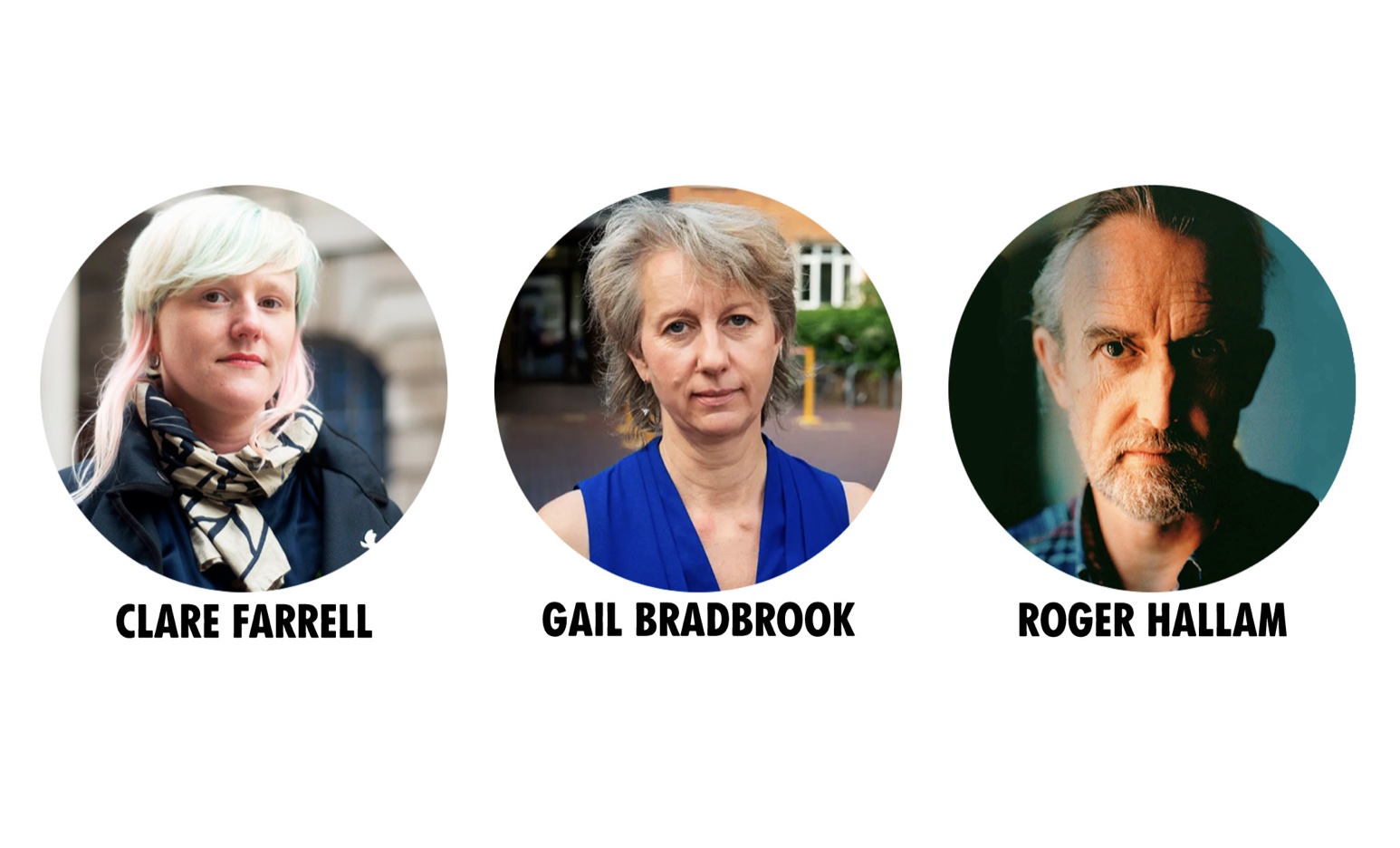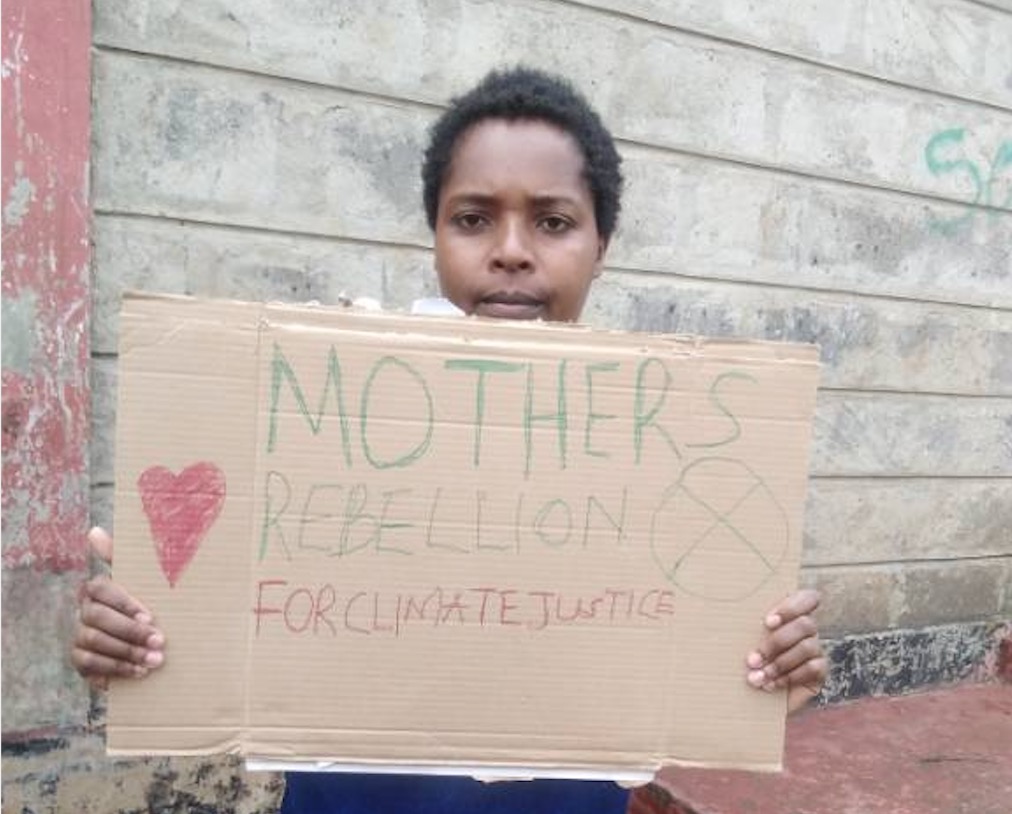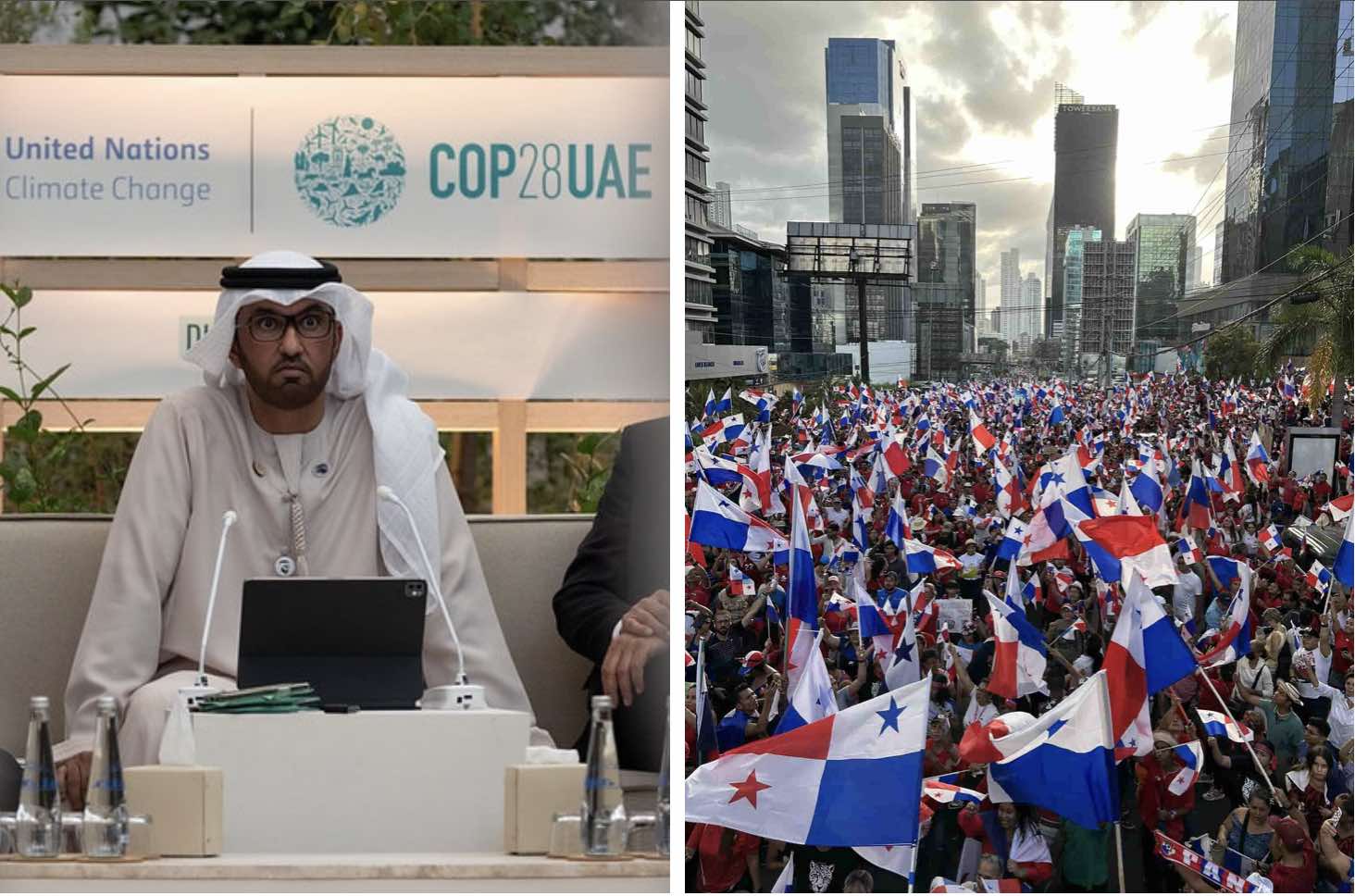
Photo by Pok Rie, Pexels
‘Sustainable ocean management ’. ‘Natural capital ’. ‘Ecosystem services ’. What’s wrong with these terms? They seem innocent enough, but they could be helping to maintain the prevailing view of nature which has led us to the climate and ecological emergency in the first place.
Language can mould our thoughts and influence the way we perceive the world. Some labels and expressions anchor us to an outdated mindset which is holding us back. We could begin by ditching ones which imply that nature exists to serve humankind and others indicating that what matters most in this world is money. We often hear about needing system change to end our assault on the natural world and tackle the climate crisis. I believe that re-thinking the language we use to speak about nature and conservation is pivotal in helping propel this change.
But if it gets the job done?
The words we use to talk about nature might seem incidental. What does it matter if certain language reflects the master-servant dynamic between humankind and the natural world if we are more likely to stop clear-felling forests, extracting fossil-fuels and emptying seas?
When it comes to taking protective action, it is becoming clear that we have a more profound problem to face, which underpins any new policy or initiative: how we regard the natural world in general and the way we see ourselves within it.
The industrial revolution ‘de-natured’ societies, putting millions of us in towns and cities of concrete, glass and steel. We became detached from the wild places we once inhabited and from the wild creatures living around us. Nature became a stranger. As journalist Ian Johnston writes, “simply put, humans don’t protect what they don’t know and value”.
Given that language can shape our thoughts and attitudes, and the way we think determines what we do, it follows that the words and expressions used in planning policies and devising strategies to protect nature matter considerably.
How do you manage an ocean?
As a writer on marine conservation I come across some terminology I’m not comfortable with . ‘Fish stocks’ for instance gives the impression that wild fish living in the sea exist purely for human consumption, like tins of beans in the kitchen cupboard or on a supermarket shelf. Rather, they are populations of wild fish.
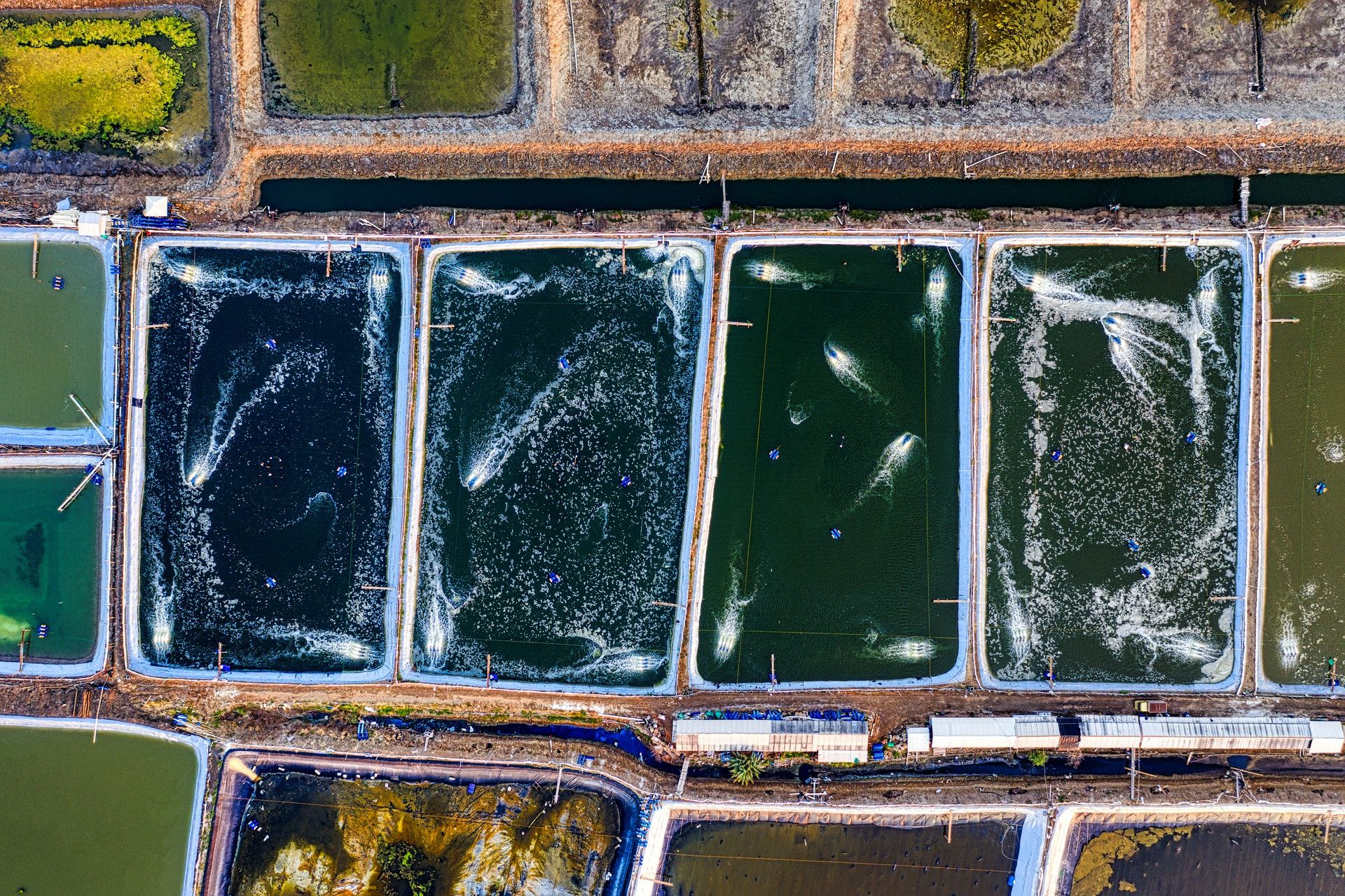
Fish farms in Indonesia, by Tom Fisk, Pexels
Another example is ‘ocean management’ which appears in many government reports, on NGO websites, in articles, books and discussions.
In my mind, the concept of people managing an ocean is implausible. Modern humans have been around for about 200,000 years, while the oceans have existed for almost as long as the Earth itself. They were formed roughly 3.8 billion years ago, which makes oceans 19,000 times as old as humans. ‘Ocean management’ suggests that we have control over the sea – Earth’s largest and wildest natural system.
We can prevent ocean destruction and misuse by introducing tough controls on how people use the sea and drastically reduce commercial and industrial exploitation – but that is people management, not ocean management.
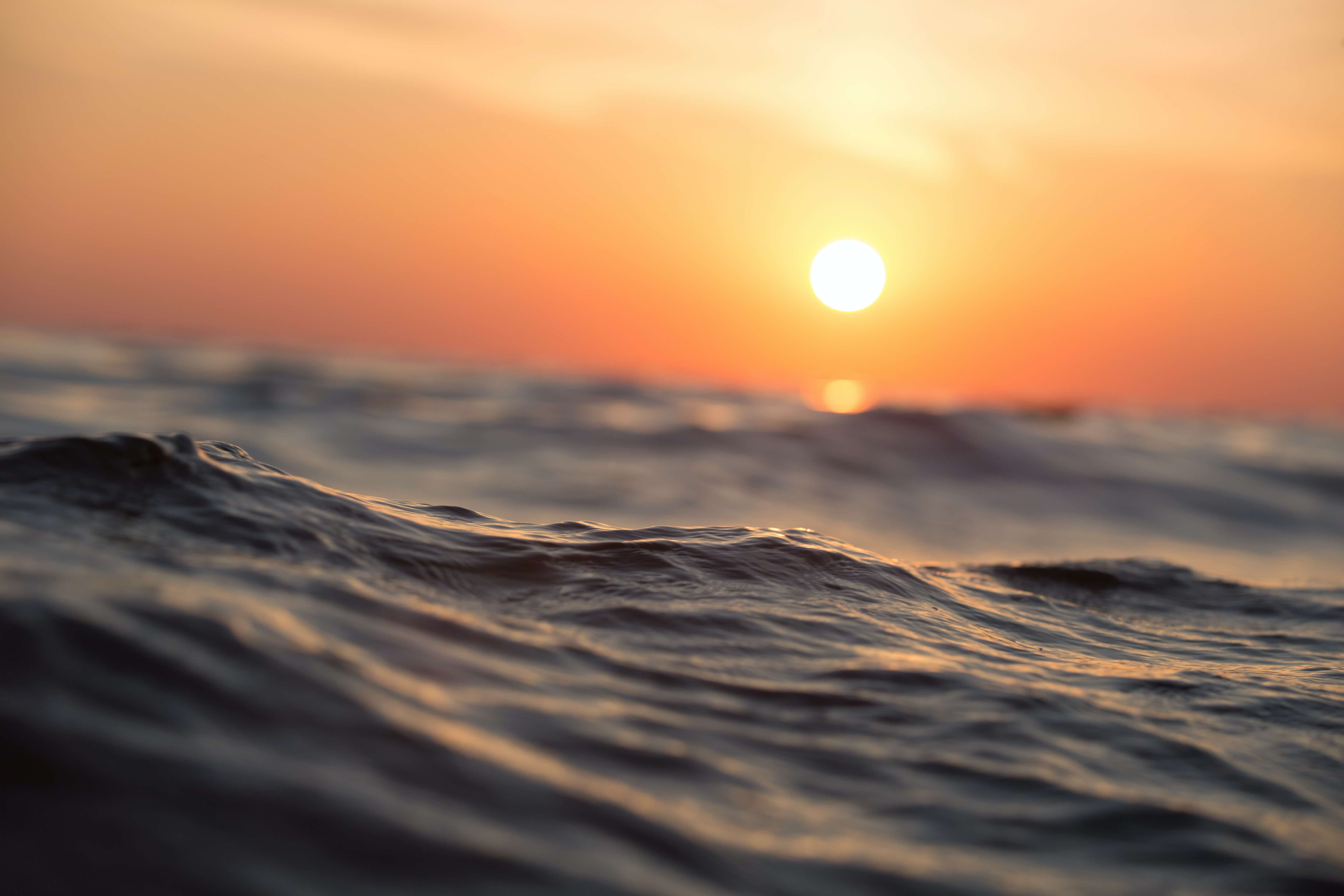
Photo by Sebastian Voortman, Pexels
Today’s technologies and expertise make it possible to enforce protective laws even in the remotest seas. Compliance controls for commercial fishing for instance, can include; all vessels being fitted with a Vessel Monitoring System (VMS) and an Automatic Identification System (AIS) for surveillance and tracking their positions at sea; having independent observers on board; patrol ships in operation; strict licensing and a catch documentation scheme to prove that fish were caught legally.
These methods are protecting wildlife in 13,800,000 square miles of the Southern Ocean, which equates to approximately 10 percent of the global ocean surface. Here, human activity, such as commercial fishing and mining, is prohibited or strictly regulated by the Convention on the Conservation of Antarctic Marine Living Resources – its purpose made explicit in Article II of the Treaty; ‘the objective of this Convention is the conservation of Antarctic marine living resources.’
People management for the ocean is about pressure management. The sea and marine life need a break from us. And although it isn’t possible to leave oceans alone completely, it is possible to ease the pressure on them enough to allow water and wildlife to begin to recover. When waters are left undisturbed, sealife can become plentiful again. To illustrate just how much, one study covering 124 marine reserves found that the average mass of animals and plants within them (biomass) more than quadrupled in three years: better is possible.
Natural Capital
The Natural Capital Declaration was launched in 2012 at the UN Conference, Rio + 20. The UN Environment Programme describes it as, ‘a commitment by CEOs from the finance sector to work towards integrating natural capital criteria into their products and services’.
Capital is usually defined as a large amount of money (or other economic asset) used to produce more wealth. So what is ‘natural capital’? The World Bank defines it as ‘assets like forests, water, fish stocks, minerals, biodiversity and land’. But isn’t that nature? It is, but the giveaway word there is ‘assets’, because ‘natural capital’ is nature valued through the prism of profits and losses.

Image by Towfiqu Barbhuiya, Unsplash
What is this forest, this wetland, what are these minerals worth to us, to our shareholders, to our customers? In other words, if we start referring to nature as 'natural capital', we are putting a material value on it, and if we do that we're more likely to protect it - and that's a good thing isn’t it? But, the inference is that it’s only worth protecting if there’s a buck to be made, or a buck to be lost. The intrinsic value of nature – nature for nature’s sake – doesn’t appear to count in the 'natural capital' construct.
In the process of trying to commodify nature, very differing habitats are quantified according to their perceived equivalence – barely taking account of a particular ecosystem’s complexities and endemic species – mistakenly assuming that the ruin of one habitat can be compensated by manufacturing another, such as by funding a tree plantation, perhaps thousands of miles away.
Similarly, carbon offsetting is a way for companies and individuals to balance out their CO₂ emissions (or carbon footprint) by making contributions to carbon reduction schemes, perhaps in reforestation or renewable energy. Calling it ‘offsetting’ gives the impression that tinkering with the problem will be enough, when root and branch change is needed. The slogan could be, “Pay off your carbon guilt and carry on, business as usual”.
Critics argue that the system (and the thinking behind it) enables high carbon lifestyles and commercial operations to continue, virtually as before – when we need genuine, decarbonising action at all levels and in all sectors of society.
The natural-capital-offsetting approach can also result in construction, extractive, and polluting projects of companies in the Global North misappropriating land in the Global South in the name of conservation, and in many cases without the consent or engagement of people living there, who may become dispossessed as a consequence.
Rights to inhabit lands and use resources that were previously publicly or privately owned are then lost to corporate control. This is known as green grabbing, or green colonialism -- and colonialism is as much about extending power over peoples and territory as it is about accumulating wealth.
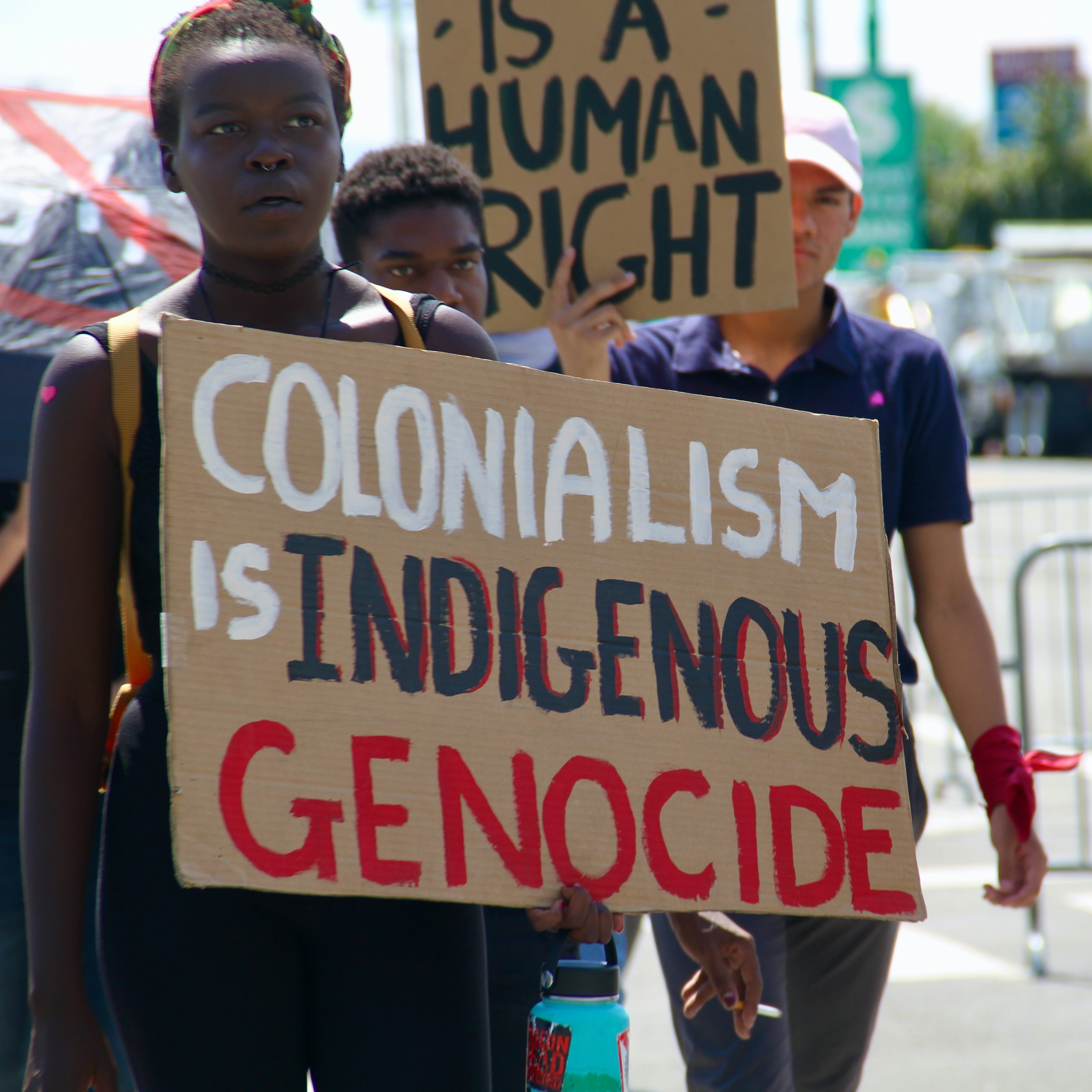
Photo by Manny Becerra, Unsplash
Green colonialism enables the Global North to maintain a high standard of living, frequently at the expense of communities in the Global South. For example, a renewable energy company may be granted permission from the government to clear an area to construct a series of wind turbines, while the people living there are forced off their land.
Ecosystem Services
‘Natural capital’ has a sidekick called ‘ecosystem services’. Simplistically speaking, they are what we get from the natural world – or, as defined by the United Nations, ‘the benefits people derive from ecosystems’ (if you can call being alive a benefit).
As well as essential resources like crops, fresh water and timber, they are the natural systems and processes which keep the planet going, such as the carbon, water and nitrogen cycles; pollination; water filtration; decomposition; oxygen production; climate moderation; and disease control.
Although ‘ecosystem services thinking’ acknowledges the value of nature’s non-monetary benefits (spiritual, cultural and recreational rewards), in many government departments a growing number of policy-makers maintain, as they do for natural capital, that to make wiser policy decisions in protecting nature’s ‘services’ we should focus mainly on their economic value. “Let’s monetise the natural systems which support life. What are they worth to us?”
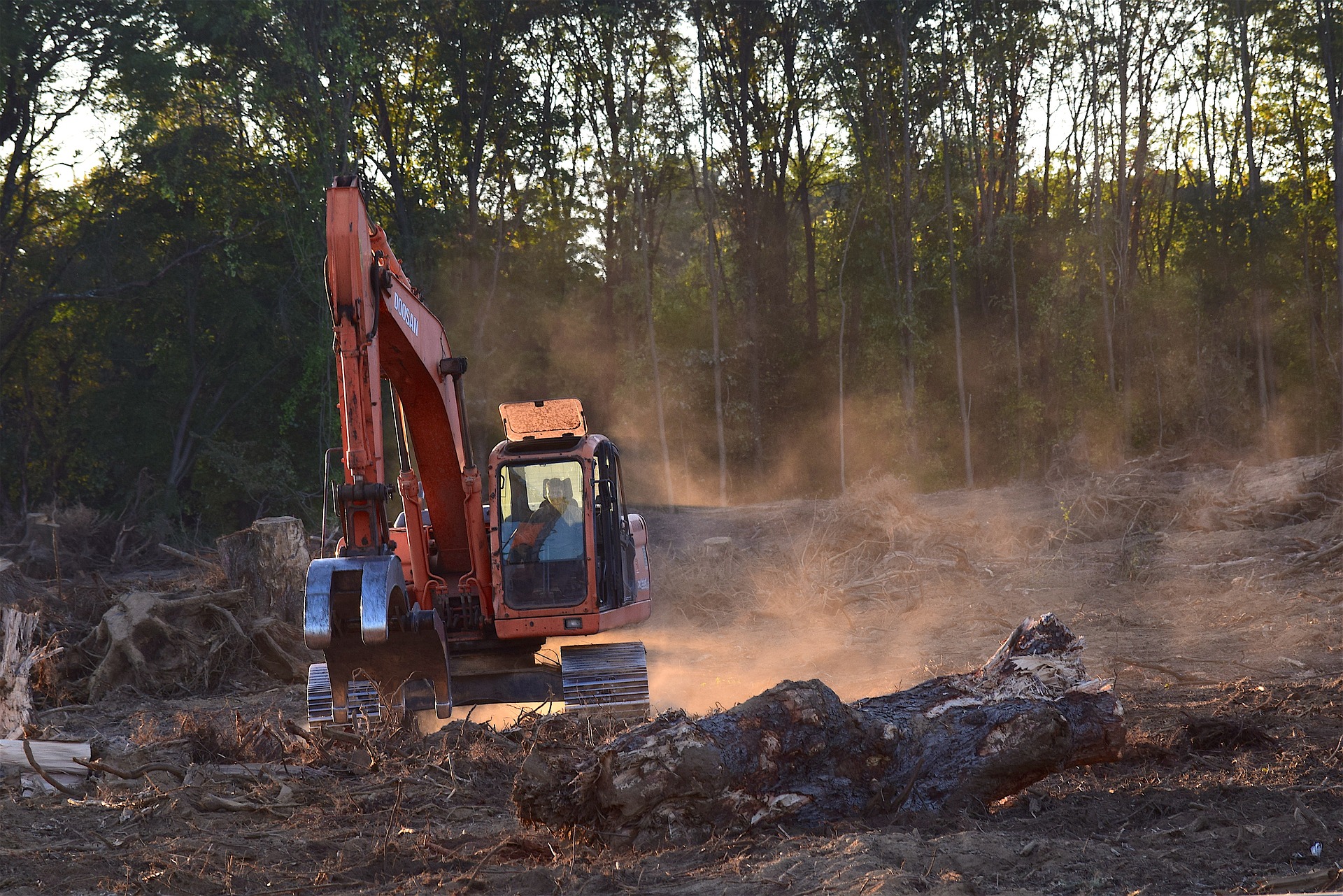
Photo by Bones64, Pixabay
Consequently, nature’s usefulness is measured according to the market; by what people are prepared to pay to protect a particular wetland or forest perhaps, and what it would cost to replace or regenerate it. The approach attempts to put a dollar worth not only on rivers, forests, seas, on the soil, on clean air, on millions of plant and animal species, but also on Earth’s physical, biological and chemical systems – the whole unfathomable caboodle that keeps us alive. What price is a cloud I wonder. Is it worth more if it’s rain-filled?
On the European Union website for example, there’s a page headed, ‘Mapping and Assessment of Ecosystems and their Services’, describing ‘an EU-wide methodology to map, assess and achieve good condition of ecosystems so they can deliver benefits such as climate regulation, water regulation, soil health, pollination and disaster prevention”.
Even in the make-believe world where you could put a price on bees pollinating crops, or billions of worms, bacteria and beetles recycling vital nutrients by decomposing dead plants and animals, or the 100 million tons of carbon dioxide which NASA estimates ocean phytoplankton draw from the atmosphere every day – whose would that service be to trade or exchange?
‘Ecosystem services’ reduces the immeasurable, the complex, intricate, astonishing and mysterious workings of nature to some useful tasks carried out for our benefit, akin to a job well done by a plumber or an accountant. It’s a phrase better suited to the lexicon of the pre-Copernican age, to the distant past, when we were led to believe that humankind is at the centre of the universe and that nature is here only to furnish our needs.
Can the leopard change its spots?
I’ve listened to advocates of the natural capital and ecosystem services approach. They insist this is the best route to take towards environmental salvation. I want to be optimistic, but when I consider who is propagating this type of terminology I can’t help but be sceptical.
Governments, industries, and the financial sector have much to gain when nature is commodified and traded, and not only in monetary terms. Previously uninterested in nature or conservation, pension funds and other financial institutions, oil and gas companies, airlines, construction companies, venture capitalists, commodity traders, business entrepreneurs, and so forth, now jostle to be seen to be greener.
Can we believe that the same forces which have for so many decades emitted millions of tons of CO₂ into the atmosphere and exploited the natural world for profit, frequently destroying wild habitats in the process, have made a remarkable U-turn in their principles and their ambitions? Is this really about safeguarding nature? Or, does remodelled nature-jargon, favoured by international agencies, businesses, and government departments disguise their true objectives?
New Vocabulary?

Photo by Flo Mader, Pixabay
It’s easy to fall into the flawed language trap when these terms are commonplace. I’ve done it myself. I wrote a book and called it Future Sea: How to rescue and protect the world’s oceans, even though I know that none of us can rescue an ocean. Neither can we really protect an ocean. Protect it from what? From ourselves, it seems. There’s the paradox.
When travelling with babies and children for instance, or storing Ming vases and Renaissance paintings, ‘protection’ means bundling precious things up in blankets or bubble-wrap, cocooning them in over-sized SUVs or wooden crates, to be kept safe from potential harm. When it comes to nature, in a sense, protection means the opposite – it is to leave something quite alone.
The question is, can we come up with new words and fresh expressions, to energise the language of environmental policy-making, and in academia, journalism, and the media, to create a more nature-respectful and socially-just culture befitting the 21st century? ‘Ocean management’ could become ‘ocean use management’ perhaps; ‘natural capital’ is better called ‘the living world’, or ‘the natural world’; and ‘ecosystem services’ are ‘natural systems’, or ‘Earth’s life support systems'.
Can you think of any language about the natural world to be challenged and improved? Or, any terms you’ll choose to boycott from now on?
A term that has gained political traction, particularly in South America, is Buen Vivir. It loosely translates into English as ‘good living’, but the meaning is closer to ‘collective well-being’. Buen Vivir is a community-centric approach to life which prioritises living in harmony with nature and in many respects it embodies the antidote to terms like ‘natural capital’ and ‘ecosystem services’. The concept of Buen Vivir is enshrined in law in the constitutions of Ecuador and Bolivia, countries which are taking the ‘radical step in reframing the place of humans in the world, one that many consider to be vital for the global transition to a more ecologically balanced future’.
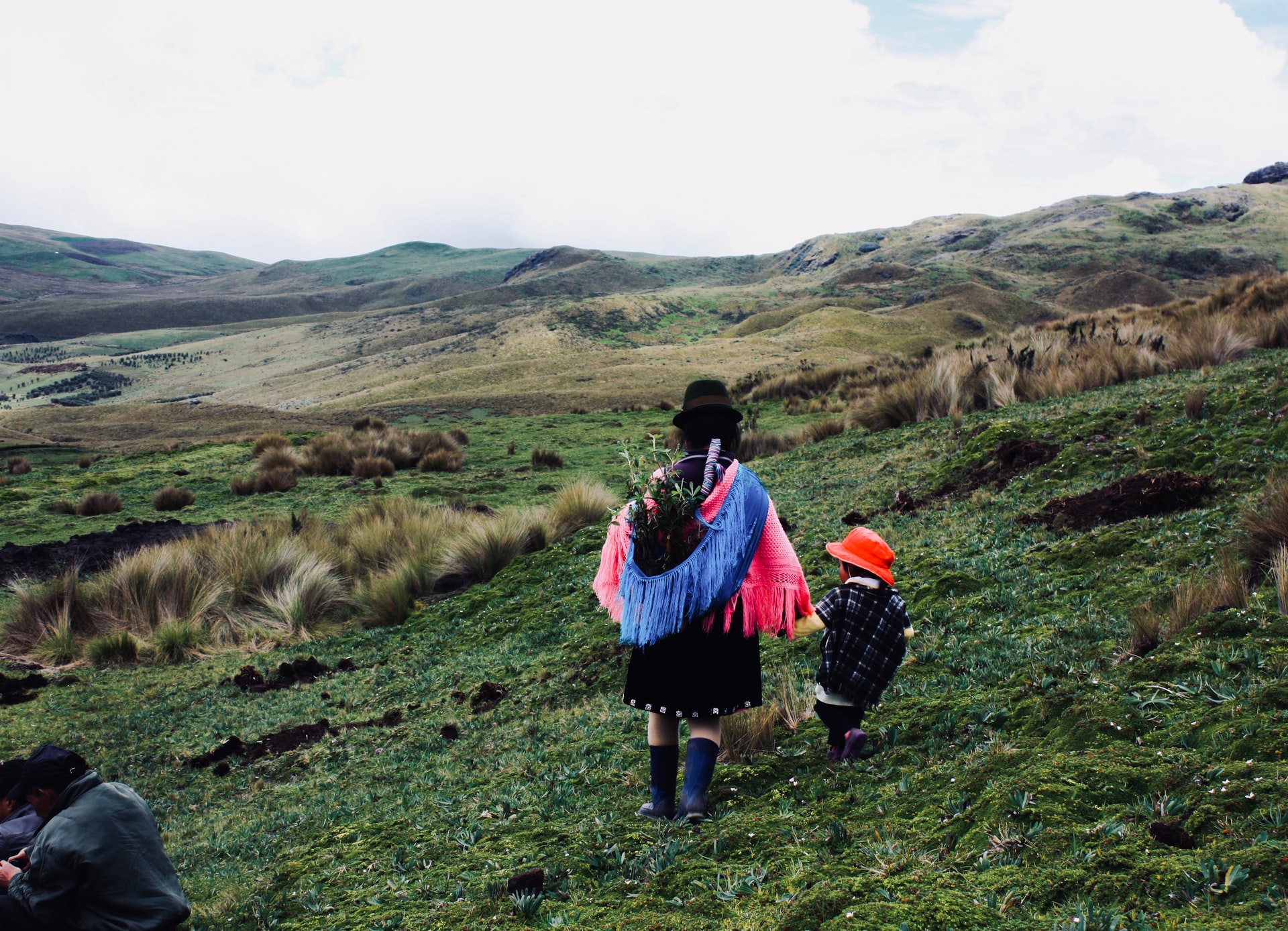
Mother and child in Guangaje, Ecuador, Azzedine Rouichi, Unsplash
For many, the notion of putting a price on the priceless, such as breathable air, an intact ice-cap, an unpolluted river, or a pristine coral reef is misconceived, but as journalist George Monbiot writes in his article discussing natural capital, “still more deluded is the expectation that we can defend the living world through the mindset that’s destroying it” or, as Albert Einstein put it, “we cannot solve our problems with the same thinking we used when we created them.”
